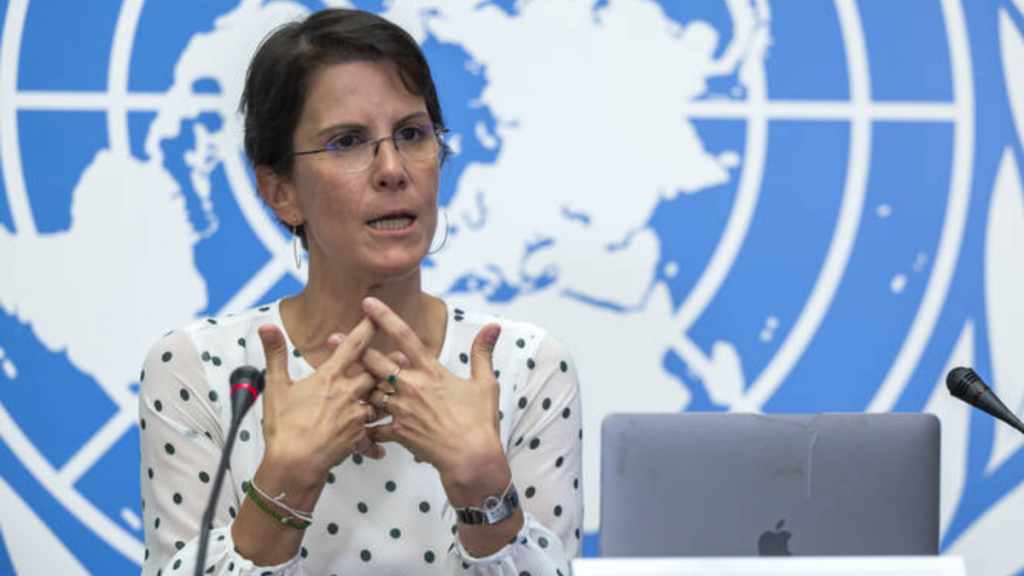Reem Alsalem, the U.N. Special Rapporteur on Violence Against Women and Girls, has issued a strong warning against gender transitions for children. Speaking at a Geneva panel, she described the narrative as “dangerous”—arguing that parents are increasingly being excluded from decisions that deeply impact their children’s health and well-being. Many who refuse gender-affirming approaches are now being vilified, ostracized, or in some cases separated from their children altogether.
At the same event, detransitioner Chloe Cole shared her testimony in which she underwent puberty blockers and testosterone at age 13, and a double mastectomy at 15, before later regretting the interventions. She said that her parents, while wanting to protect her, were undermined by professionals who presented a false ultimatum: accept medical transition or face accusations that parental failure would lead to suicide.
Cole and Alsalem both emphasized that parents have a critical and irreplaceable role in children’s lives—especially when it comes to major medical decisions. Laws, medical ethics, and international norms recognize parents as the primary guardians of children’s welfare. Yet in many places, systems are promoting gender-affirmative care with minimal parental involvement. This is a dangerous shift, according to Alsalem.
Speakers at the Geneva panel—including representatives from ADF International and the Permanent Missions of several countries—called for policy changes that protect childhood and support families. Among suggested reforms are stronger parental rights in education, healthcare, and identity-related decisions, as well as legal safeguards to prevent undue influence on youth. The family unit, panelists argued, must be reinforced as society’s fundamental unit.
This gathering made one thing clear: childhood should be treated as a fragile and formative period, not an opportunity for dangerous ideology. When systems encourage children to make irreversible life decisions, serious harm can follow. Alsalem’s call is a call for the safety of children—ensuring that children receive care within caring, informed family contexts, not isolated under ideological pressure.
